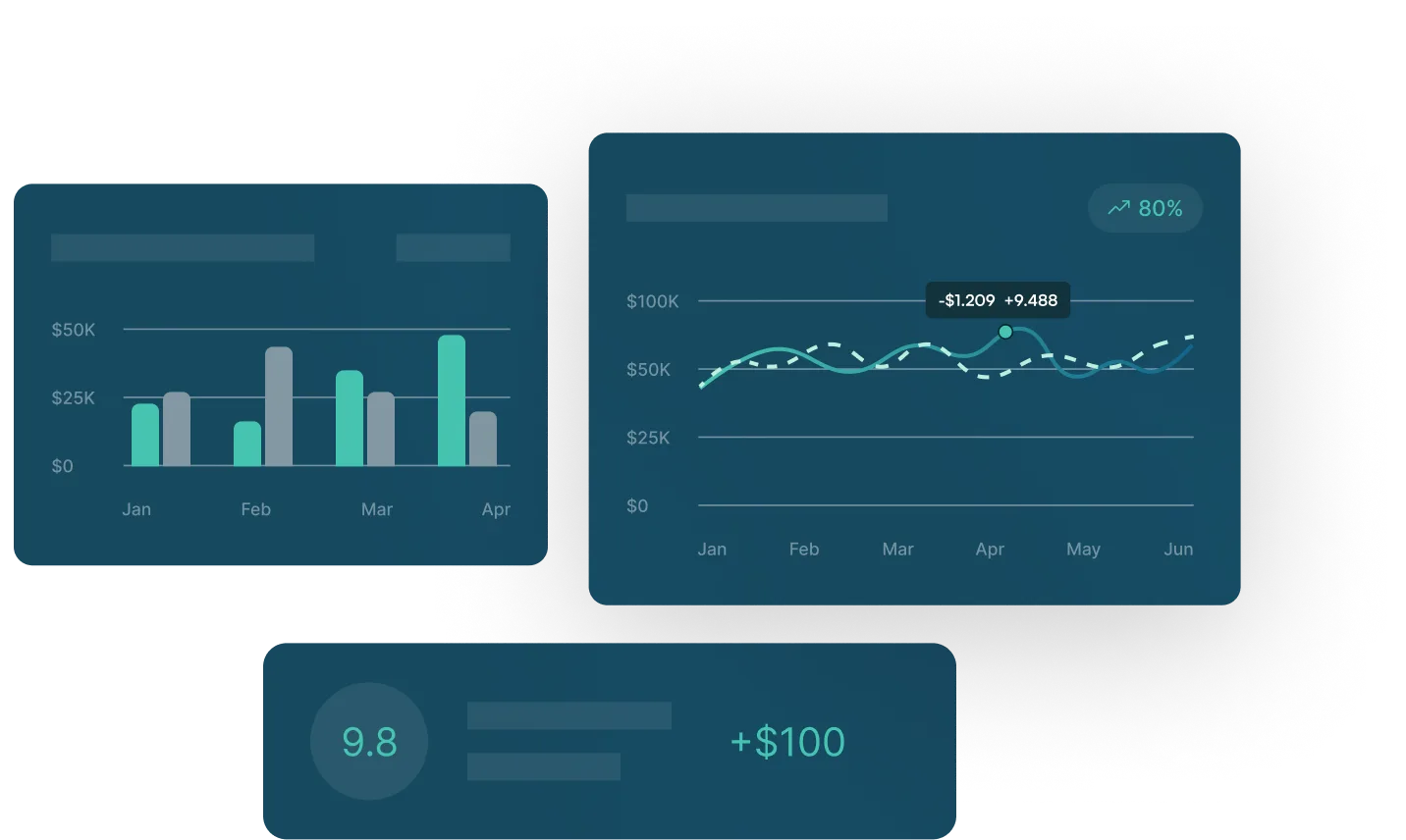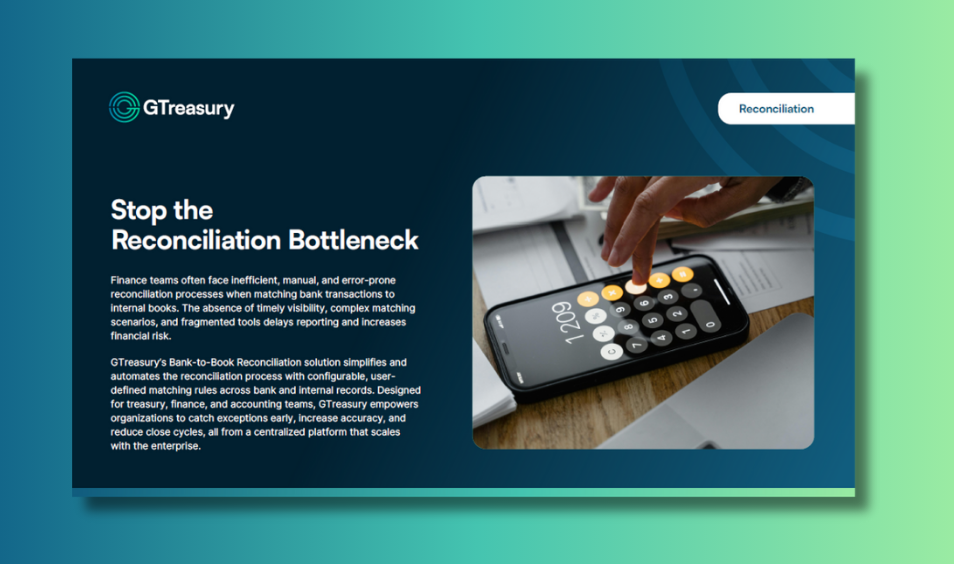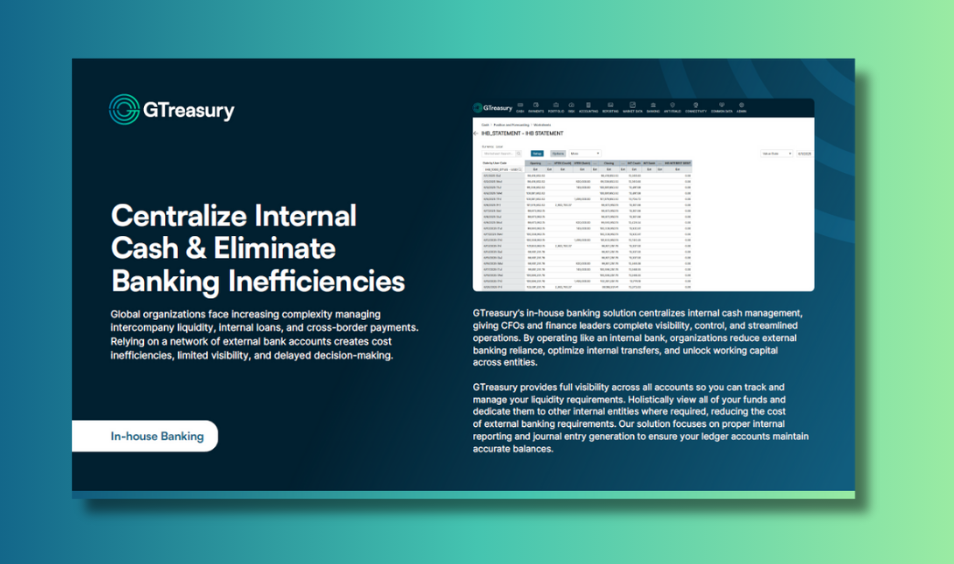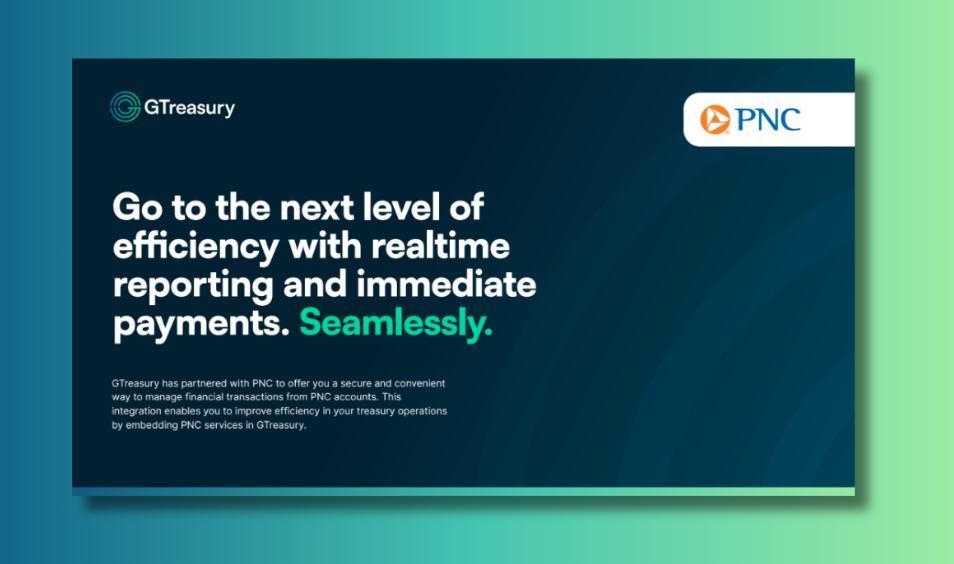Cash Forecasting: Skills Needed to be a Superforecaster


Behavioural scientist Philip Tetlock groups forecasters into two categories; hedgehogs and foxes. He introduces these categories – borrowed from Isaiah Berlin – in his 2015 book Superforecastering: The Art and Science of Prediction. Tetlock, who currently teaches at the Wharton School of Business, has spent 20 years of studying the impact of human judgement of political decision making and uses the book to make the assertion that forecasting, at least in the short term, can be performed with a high degree of accuracy.
He categorises hedgehogs as forecasters whose judgement is based on big theories, such as the outbreak of a war or a natural disaster, and foxes as basing their judgement on a series of smaller theories which are continuously adjusted as new information becomes available.
Tetlock found that foxes, on aggregate, were far superior forecasters to hedgehogs. While their predictions were initially less satisfying to narrative demanding audiences, such as government policy makers or a mainstream press looking for sensational headlines, they ultimately proved considerably more reliable.
Forecasting in a business environment, and cash forecasting in particular, is subject to a similar dynamic. Although, for day to day business and cash forecasting, the dynamic is shaped less by the judgement of the forecaster and more by the range of skills they possess. The hedgehogs of the business forecasting world have a single, highly refined, forecasting skill, while the foxes have a range of skills.
Forecasting is a specialist skillset that is, in essence, a combination of other skills. The skill of the person or analyst creating the forecast is the primary factor influencing the quality of the forecast itself. The fact that good forecasting requires multiple skills is often overlooked. As a result, the task is often outsourced to someone with a high degree of skill in one area – for example data modelling – but without the required skills in other areas.
Core Forecasting Skills
In GTreasury, we’ve worked with many companies over the years to help them establish cash forecasting processes that continuously generate a high-quality output. During this time, we’ve identified the following as the core skills needed to be a good forecaster:
1. Business understanding
An excellent knowledge and understanding of the underlying dynamics of a business are required to be a good forecaster. Without an understanding of what drives and influences the business, such as customer payment behaviour or future sales projections, a forecast won’t be anchored in reality.
2. Technical knowledge
Forecasting in large companies typically requires the gathering of information from a number of sources, such as ERP and Treasury Management Systems. To do this in an efficient way, and on an ongoing basis, requires a base level of knowledge of these systems and a technical understanding of how to extract the required data from them.
3. Data modelling skills
A forecaster will need the ability not only to collate the data collected, but also to model future events and scenarios. Alongside the application of business knowledge, this is perhaps where the most value is added to a forecasting process. However, simply focusing on data modelling alone won’t allow the forecaster to generate a high-quality forecast.
4. Communication
Forecasts are neither created nor used in isolation. The ability to communicate and interact with a range of people within an organisation is an essential skill required by any forecaster. If a large amount of time and effort is invested in creating a high-quality forecast, but the output and findings are poorly communicated to key decision makers, the forecasting process will ultimately fail.
A Hybrid Approach Using Specialist Software
As CFO or Treasurer, you may question who on your team possesses all of these skills? Or, as the forecaster you may feel you lack a particular skill or simply don’t have the time to carry out every task effectively.
However, when each of the forecasting tasks is broken down into its constituent parts it becomes clear that much of the data gathering, consolidation and base reporting tasks can be automated using specialist software, freeing up time that the forecaster to spend on the highest value activities such as data analysis and interpretation.
This hybrid approach, of combining specialist forecasting software with the refined skillsets of a forecaster, will ensure that finance and treasury teams are able to contribute to the strategic conversations within their organisation.
As Tetlock suggests, the skills needed to be a super-forecaster can be learned. However, to continue his metaphor, the fox knows that assumptions must change in light of new data. With that in mind, perhaps is it time to consider your companies approach to forecasting?
Cash Forecasting: Skills Needed to be a Superforecaster
Behavioural scientist Philip Tetlock groups forecasters into two categories; hedgehogs and foxes. He introduces these categories – borrowed from Isaiah Berlin – in his 2015 book Superforecastering: The Art and Science of Prediction. Tetlock, who currently teaches at the Wharton School of Business, has spent 20 years of studying the impact of human judgement of political decision making and uses the book to make the assertion that forecasting, at least in the short term, can be performed with a high degree of accuracy.
He categorises hedgehogs as forecasters whose judgement is based on big theories, such as the outbreak of a war or a natural disaster, and foxes as basing their judgement on a series of smaller theories which are continuously adjusted as new information becomes available.
Tetlock found that foxes, on aggregate, were far superior forecasters to hedgehogs. While their predictions were initially less satisfying to narrative demanding audiences, such as government policy makers or a mainstream press looking for sensational headlines, they ultimately proved considerably more reliable.
Forecasting in a business environment, and cash forecasting in particular, is subject to a similar dynamic. Although, for day to day business and cash forecasting, the dynamic is shaped less by the judgement of the forecaster and more by the range of skills they possess. The hedgehogs of the business forecasting world have a single, highly refined, forecasting skill, while the foxes have a range of skills.
Forecasting is a specialist skillset that is, in essence, a combination of other skills. The skill of the person or analyst creating the forecast is the primary factor influencing the quality of the forecast itself. The fact that good forecasting requires multiple skills is often overlooked. As a result, the task is often outsourced to someone with a high degree of skill in one area – for example data modelling – but without the required skills in other areas.
Core Forecasting Skills
In GTreasury, we’ve worked with many companies over the years to help them establish cash forecasting processes that continuously generate a high-quality output. During this time, we’ve identified the following as the core skills needed to be a good forecaster:
1. Business understanding
An excellent knowledge and understanding of the underlying dynamics of a business are required to be a good forecaster. Without an understanding of what drives and influences the business, such as customer payment behaviour or future sales projections, a forecast won’t be anchored in reality.
2. Technical knowledge
Forecasting in large companies typically requires the gathering of information from a number of sources, such as ERP and Treasury Management Systems. To do this in an efficient way, and on an ongoing basis, requires a base level of knowledge of these systems and a technical understanding of how to extract the required data from them.
3. Data modelling skills
A forecaster will need the ability not only to collate the data collected, but also to model future events and scenarios. Alongside the application of business knowledge, this is perhaps where the most value is added to a forecasting process. However, simply focusing on data modelling alone won’t allow the forecaster to generate a high-quality forecast.
4. Communication
Forecasts are neither created nor used in isolation. The ability to communicate and interact with a range of people within an organisation is an essential skill required by any forecaster. If a large amount of time and effort is invested in creating a high-quality forecast, but the output and findings are poorly communicated to key decision makers, the forecasting process will ultimately fail.
A Hybrid Approach Using Specialist Software
As CFO or Treasurer, you may question who on your team possesses all of these skills? Or, as the forecaster you may feel you lack a particular skill or simply don’t have the time to carry out every task effectively.
However, when each of the forecasting tasks is broken down into its constituent parts it becomes clear that much of the data gathering, consolidation and base reporting tasks can be automated using specialist software, freeing up time that the forecaster to spend on the highest value activities such as data analysis and interpretation.
This hybrid approach, of combining specialist forecasting software with the refined skillsets of a forecaster, will ensure that finance and treasury teams are able to contribute to the strategic conversations within their organisation.
As Tetlock suggests, the skills needed to be a super-forecaster can be learned. However, to continue his metaphor, the fox knows that assumptions must change in light of new data. With that in mind, perhaps is it time to consider your companies approach to forecasting?

See GTreasury in Action
Get connected with supportive experts, comprehensive solutions, and untapped possibility today.






























.png)




.jpg)
.png)


























.png)




.jpeg)

.jpeg)











.jpeg)


.jpeg)







.jpeg)


.jpeg)









.jpeg)
















